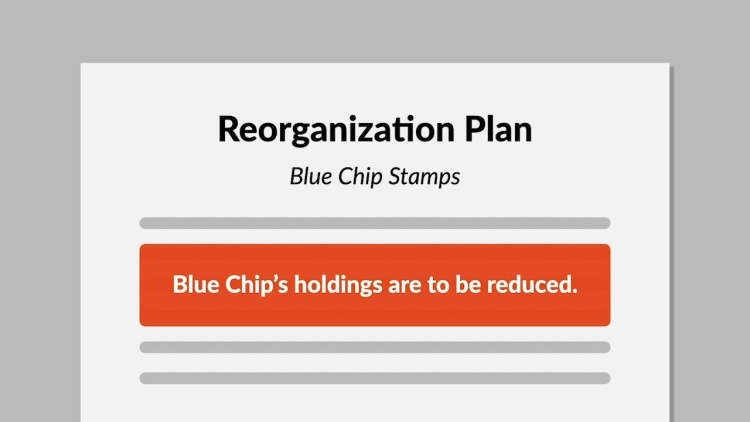Blue Chip Stamps v. Manor Drug Stores
United States Supreme Court
421 U.S. 723, 95 S. Ct. 1917, 44 L. Ed. 2d 539 (1975)
- Written by Angela Patrick, JD
Facts
Blue Chip Stamp Company (Blue Chip) (defendant) produced stamps that could be redeemed at retailers for merchandise. Blue Chip was a publicly traded company, but nine retailers owned 90 percent of its shares. Blue Chip and the retailers were accused of violating antitrust laws. To settle the antitrust claims, Blue Chip agreed to reorganize into a new corporation and to offer a substantial number of the new corporation’s shares at a low price to retailers who had been excluded from owning the original company. Blue Chip prepared and distributed a prospectus with these special offers. Manor Drug Stores (Manor Drug) (plaintiff) was one of the retailers that received a special purchase offer and the prospectus. Relying on the bleak information in the prospectus, Manor Drug did not buy any offered shares. Later, Manor Drug filed a class-action lawsuit against Blue Chip in federal district court, alleging violations of § 10(b) of the Exchange Act. Manor Drug argued that Blue Chip had intentionally distributed a materially misleading, pessimistic prospectus to discourage the initial offerees from purchasing Blue Chip’s shares at the low price. Manor Drug claimed that Blue Chip intended to later sell the shares to the public at a higher price. However, because Manor Drug had not purchased or sold any of Blue Chip’s securities, the district court found that Manor Drug lacked standing to bring the § 10(b) claims and dismissed the lawsuit. The Ninth Circuit reversed the ruling, holding that Manor Drug might have standing if Blue Chip had deceived Manor Drug into not buying any shares. The United States Supreme Court granted certiorari.
Rule of Law
Issue
Holding and Reasoning (Rehnquist, J.)
What to do next…
Here's why 907,000 law students have relied on our case briefs:
- Written by law professors and practitioners, not other law students. 47,100 briefs, keyed to 996 casebooks. Top-notch customer support.
- The right amount of information, includes the facts, issues, rule of law, holding and reasoning, and any concurrences and dissents.
- Access in your classes, works on your mobile and tablet. Massive library of related video lessons and high quality multiple-choice questions.
- Easy to use, uniform format for every case brief. Written in plain English, not in legalese. Our briefs summarize and simplify; they don’t just repeat the court’s language.





